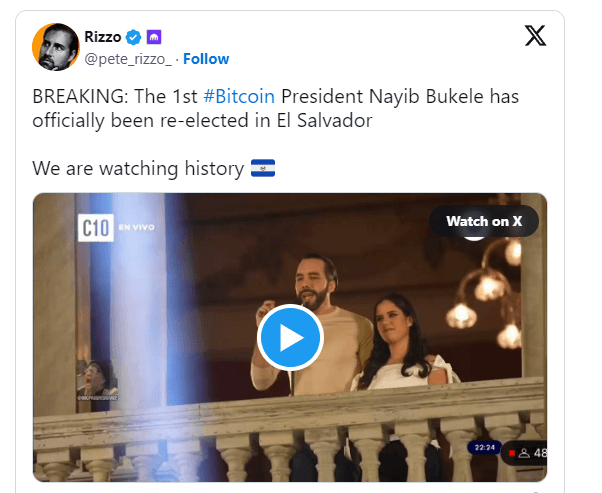El Salvador’s audacious move to adopt Bitcoin as legal tender in September 2021 under President Nayib Bukele’s administration marked a historic moment for both the nation and the cryptocurrency world. However, as the initial fanfare subsides, it becomes increasingly clear that the success of this pioneering experiment hinges on more than just political victory or the charismatic leadership of President Bukele. This article aims to dissect the multifaceted challenges and opportunities that lie ahead for El Salvador’s Bitcoin journey, arguing that a broader, more inclusive approach is essential for its long-term success.
Table of Contents,
The Vision and Its Implementation

President Bukele’s vision for Bitcoin in El Salvador was multifaceted: it aimed to boost financial inclusion, attract foreign investment, and position the country as a leader in digital innovation. While these goals have garnered significant attention and initial approval, realizing them requires a concerted effort that goes beyond governmental decree. The implementation phase has revealed a series of challenges, from technological infrastructure and public education to regulatory frameworks and international relations, all of which demand a comprehensive strategy.
Technological Infrastructure and Accessibility

One of the critical hurdles for the widespread adoption of Bitcoin in El Salvador is the technological infrastructure. For a country where internet access and digital literacy are not universal, the leap to a cryptocurrency-based economy necessitates significant investments in technology and education. Ensuring that all Salvadorans have the tools and knowledge to securely and effectively use Bitcoin is paramount, and this requires collaboration between the government, private sector, and community organizations.
Economic Stability and International Scrutiny
The decision to adopt Bitcoin as legal tender also brings economic challenges and international scrutiny. Concerns about volatility, inflation, and the potential for misuse have been voiced by international bodies such as the IMF and World Bank, affecting El Salvador’s relationships and financial stability. Navigating these concerns while maintaining economic sovereignty requires a delicate balance of innovation, transparency, and diplomatic engagement.
Regulatory Framework and Consumer Protection
Creating an environment where Bitcoin can thrive as a currency involves more than technological adoption; it requires a robust regulatory framework that protects consumers, prevents illicit activities, and promotes market stability. Developing these regulations in a way that encourages innovation while ensuring safety is a complex task that necessitates input from a wide range of stakeholders, including legal experts, technologists, business leaders, and the general public.
Conclusion
President Nayib Bukele’s victory in making El Salvador the first country to adopt Bitcoin as legal tender is undeniably historic. However, the true measure of this experiment’s success will be in its execution and the tangible benefits it brings to the Salvadoran people. Addressing the challenges of technological infrastructure, economic stability, regulatory frameworks, and ensuring broad-based community engagement are all crucial steps in this journey. For El Salvador’s Bitcoin experiment to truly succeed, it must transcend political achievements and become a collective endeavor that leverages the strengths and addresses the concerns of all stakeholders involved. As we continue to observe this unprecedented venture, it is clear that the path ahead for El Salvador and Bitcoin is one that requires collaboration, innovation, and a steadfast commitment to inclusivity and sustainable development.



